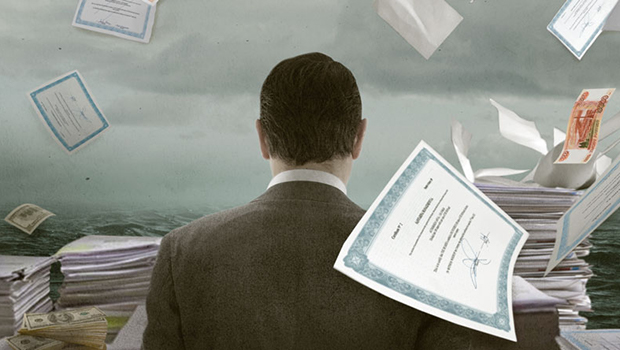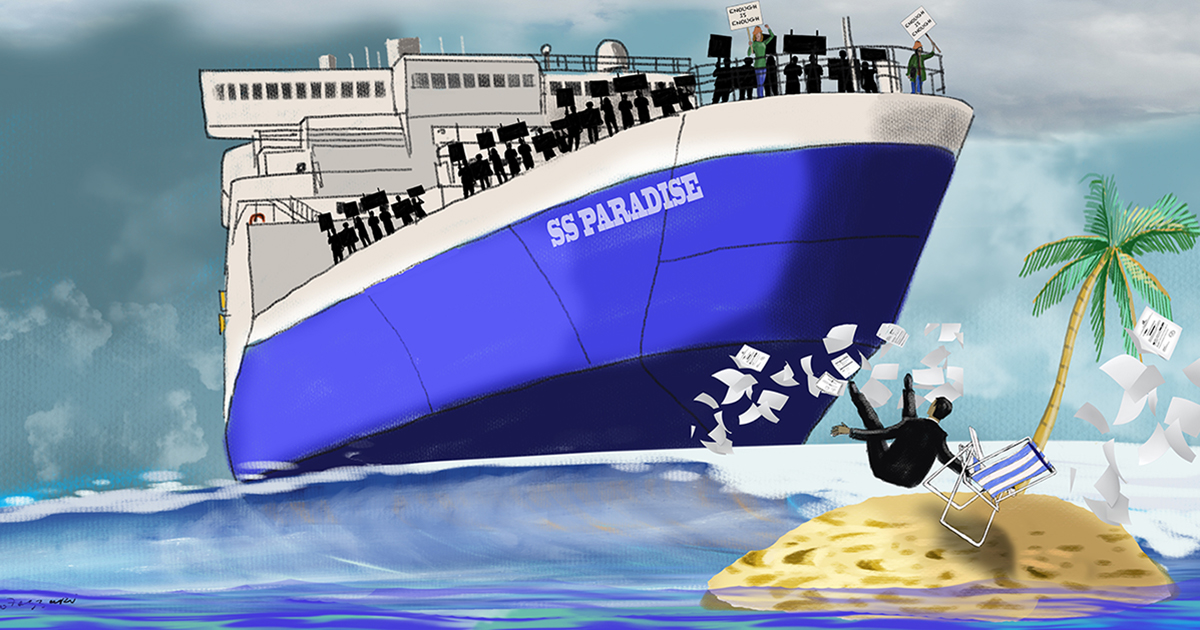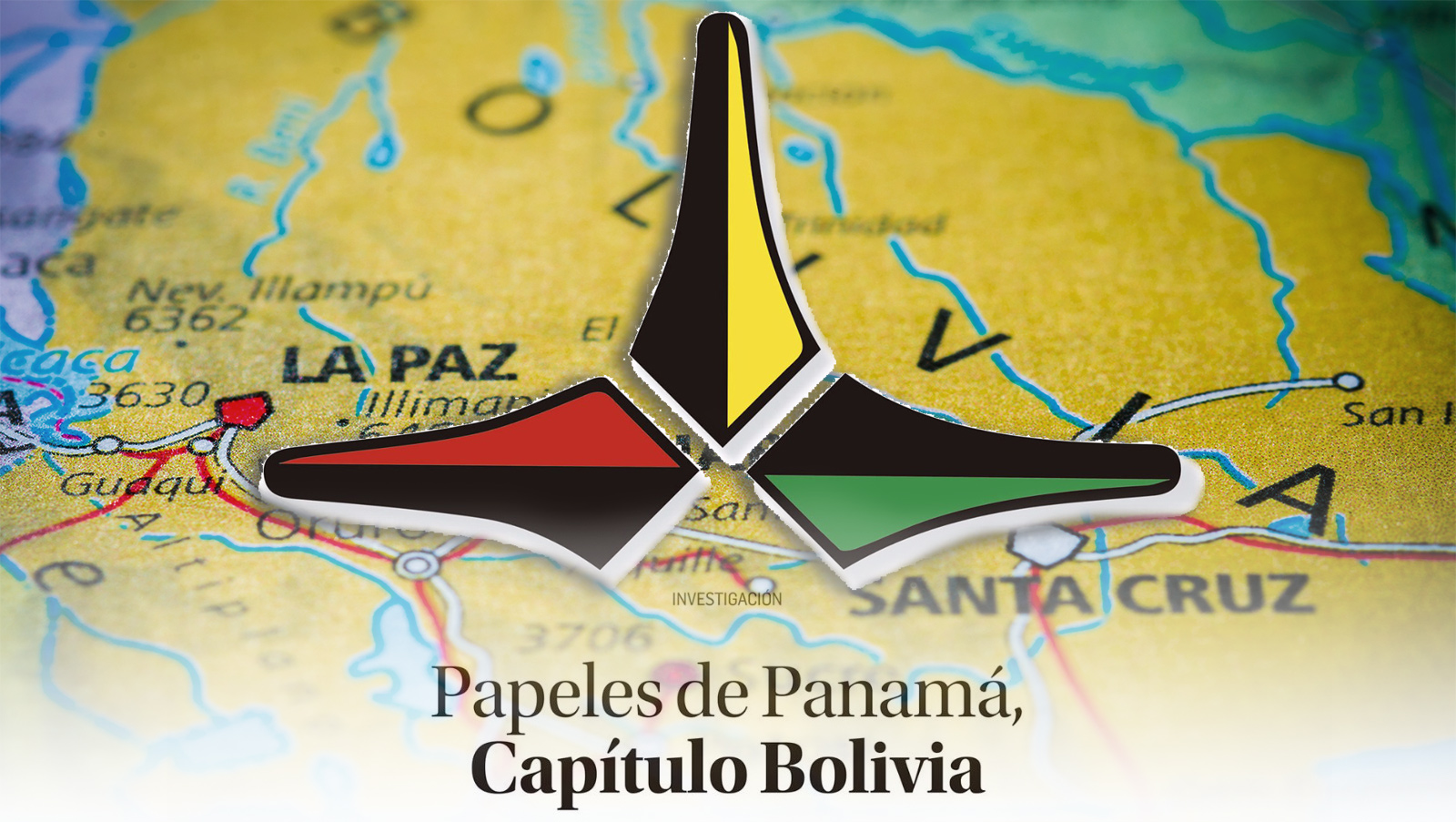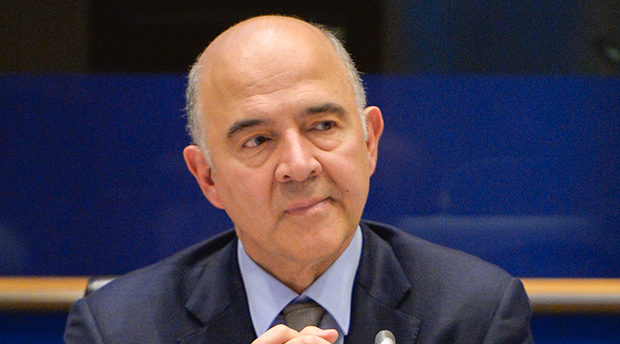More than $500 million has been recouped by tax authorities worldwide after the Panama Papers revelations, first published in April 2016.
Spain alone collected $122 million after an investigation into the affairs of tax residents who had stockpiled money offshore. Among the countries represented in the Panama Papers data, a total of 15 – on three continents – have publicly commented on the amount of taxes recovered by tax authorities.
This number could keep growing with several countries still conducting audits on the basis of the Panama Papers information. In Canada, 123 audits are underway and several criminal investigations are ongoing, according to the Canada Revenue Agency. South Korea also reported having recouped $1.2 billion in taxes this year, though it is not clear what percentage is directly connected to the Panama Papers.
Last July, the German federal police agency announced it had bought the Panama Papers data. The agency conducted raids and has so far frozen two million euros. Danish tax authorities also acquired a portion of the Panama Papers data from an unknown source and are investigating 320 companies and 500 to 600 individuals linked through the data to Denmark.
Earlier this year, the founders of the Panamanian law firm Mossack Fonseca were arrested on money laundering charges after authorities raided the firm’s headquarters as part of investigations into Brazil’s largest-ever bribery scandal, known as Lava Jato.
Rómulo Bethancourt, one of Panama’s organized crime prosecutors, has been investigating Mossack Fonseca’s alleged role in an international corruption probe. “We have a solid case,” Bethancourt said in March about his agency’s investigation of Mossack Fonseca in relation to Lava Jato. A separate investigation is ongoing into Mossack Fonseca and the Panama Papers.
ICIJ partners have kept exploring the Panama Papers data for new leads. In Bolivia, ICIJ partners unveiled last October the use of a Panamanian company by American businessman Jacob Ostreicher to do business in Bolivia. Ostreicher was arrested in 2011 on suspicion of money laundering. He later accused a Colombian woman who used to work for him of fraud. She went to jail while Ostericher escaped Bolivia, thanks to the help of American actor Sean Penn, who helped get him transferred from prison to house arrest, which he then left behind.
One of the most remarkable developments of the Panama Papers in 2017 unfolded in Pakistan last July when the Supreme Court, in an unanimous vote, removed the prime minister, Nawaz Sharif, from office.
The Panama Papers investigation reported that three of Sharif’s children were owners or had the right to authorize transactions for several companies, including two that owned “a UK property each for use by the family” of the companies’ owners. Sharif’s daughter Mariam, widely seen as her father’s political heir, was the owner of two British Virgin Islands-based firms.
In Belgium, the police raided the offices of Belfius bank in connection to revelations that its former subsidiary, Experta Corporate and Fund Services, had been a prominent client of Mossack Fonseca. Experta, a tax consulting firm, helped to establish hundreds of offshore companies on its clients’ behalf, allegedly taking advantage of lax reporting requirements for foreign accounts, according to ICIJ Belgian partners Le Soir, Knack and De Tijd.
In Malta, inquiries into the Prime Minister’s chief of staff Keith Schembri are still ongoing. The initial Panama Papers revelations, involving Schembri as well as then-energy minister Konrad Mizzi and Panamanian companies, were followed by additional allegations of money laundering and corruption involving shell companies and trusts, resulting in no fewer than five magisterial inquiries.
A Dutch regulator started criminal proceedings against a few trust offices based on the Panama Papers findings from ICIJ partners Trouw. As a result, the law which regulates trust offices will also become stricter January 1, 2018. Earlier this year, a Dutch parliamentary hearing concluded that tax advisers and other intermediaries were ignoring the spirit and intent of the law by helping hide the identity of beneficial owners and helping them avoid taxes.
Other countries have implemented reforms following the ICIJ investigation. In Canada, the government formally committed to creating a register of beneficial owners, although it is not yet clear when it will be publicly accessible. The Canadian government also increased the budget of the Canada Revenue Agency by more than $500 million to hire more auditors and investigators.
The European Union published its blacklist of 17 tax havens this month, including Panama. But other major tax havens were missing from the list, including the British Virgin Islands, where Mossack Fonseca registered half of the companies it set up between 1970 and 2015.
A milestone for transparency was reached last April in Mongolia where a conflict of interest law for public service was amended to ban civil servants and public officials and their immediate family members from holding or using offshore accounts.
Other countries haven’t produced any visible results from the Panama Papers revelations. In Nicaragua and Mali for example, tax authorities have not publicly announced any recouped taxes following the Panama Papers.
In Tunisia, ICIJ partner Inkyfada recently reported that the national anti-corruption body had opened an investigation but closed it “after receiving a note from the judicial and financial unit” and that “the Tunisian Parliament had in turn created a commission of inquiry, but its work has not really been pursued since.”




